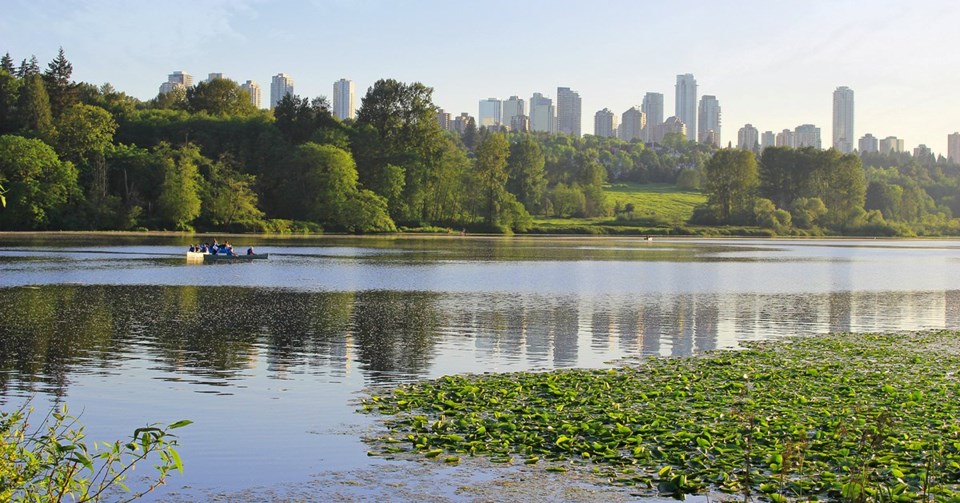The City of Burnaby has implemented bans until further notice as extremely hot and dry weather continues in Metro Vancouver,
The city says the use of barbecues, including charcoal and wood, are not allowed at city parks or beaches. Propane barbecues are still permitted.
The city is also reminding park users there is no smoking permitted in Burnaby parks, trails and green spaces. There are "no smoking" signs throughout Burnaby.
"Burnaby’s parks and trails are open and available for everyone to enjoy," the city website states.
"Getting outside is a way to relieve stress, get some fresh air and stay active. While getting outdoors offers health benefits, it is important that you are prepared in advance to ensure you have a fun and safe experience when visiting our parks and public spaces."
The city has listed the following basic rules as "park use etiquette":
- Park in designated areas, not residential areas or areas where parking is not permitted
- Take up only the space you need in the park. You may arrive early and have lots of space to set up but please be courteous and leave room for others
- Propane barbecues are allowed in all parks. Charcoal and open-flame barbecues are only allowed at Deer Lake, Fraser Foreshore, Central Park, Robert Burnaby, Confederation and Barnet Marine Park as these locations have ash pits on-site for the safe disposal of hot ashes. Campfires are not allowed at any of our parks
- Don’t blast your music. Not everyone has the same taste in music
- No littering. If garbage cans are full, please take your garbage with you
- Keep your dog leashed unless you are in a designated off-leash area. Please immediately pick up and properly dispose of your dog’s waste
- Please stay to the right when walking or running on trails and pass others on the left
- If wearing headphones while on our trails, ensure the volume is at a level that you are able to hear others approaching.
- Please watch your step and stay on formal trails. Formal trails are either asphalt, concrete, or gravel
- Avoid forested park areas to help preserve ecologically sensitive areas



